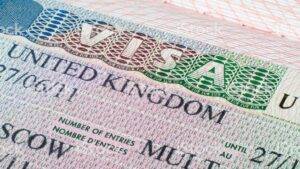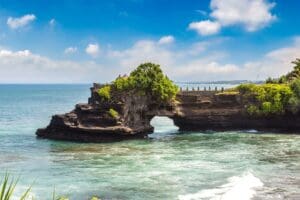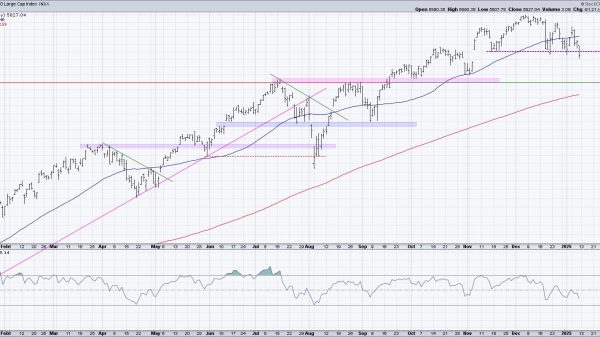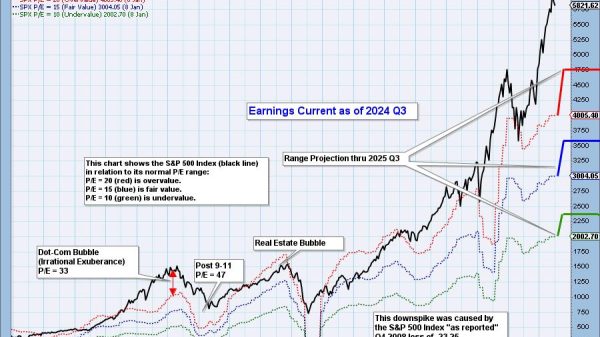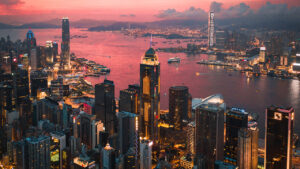HONG KONG — Hong Kong’s luxury retailers are adapting to fewer wealthy Chinese shoppers visiting the city and a shift towards tourists flocking to Instagram-coveted spots in trendy districts rather than splashing out on pricey branded gear.
Before the pandemic, the Chinese special administrative region had bucked global trends of declining demand for multi-brand department stores and ultra-luxury brands largely due to its attractiveness to high-spending mainland visitors.
But the rise of competing shopping hubs like China’s Hainan island, changing consumer preferences and a rise in online shopping have fundamentally changed demand for luxury goods in Hong Kong and are starting to reshape the city’s visitor economy, according to industry experts.
“The focus of visitors in Hong Kong has shifted from ‘shop till you drop’ to a greater desire for local culture and experience-based touring,” said Rosanna Tang, an executive director at Cushman & Wakefield.
Overnight and same-day visitor shopping spend was at 55% and 18% of 2018 levels respectively in the first half of the year, said Tang, prompting retailers to focus more on food and beverage outlets.
British luxury department store Harvey Nichols is at the forefront of the changes. Its owner Dickson Concepts said last month it would give up its lease on its flagship five-level store in the upscale Landmark mall in the city’s centre after almost two decades.
“Chinese tourists coming to Hong Kong are no longer focused on shopping as they used to be before the pandemic,” the company said in a statement.
There are also fewer visitors, with arrivals recovering to just 60% of the levels in 2018, before anti-government protests in 2019 and stringent rules during the pandemic.
Hong Kong’s total retail sales are down about 20% from 2018 levels and in an effort to reduce the reliance on luxury spending by Chinese shoppers, the government and tourism sector are trying to woo visitors to nature and leisure attractions.
Business chambers and companies are also trying to rebuild ties between the West and Hong Kong after Beijing’s imposition of a national security law in 2020 and draconian COVID rules prompted an exodus of tens of thousands of people.
The government said this month that it is developing several projects from large-scale festivals to green tourism in the outlying islands and the creation of a hiking hub.
It remains unclear how effective that strategy will be to lure back spending. Luxury hotel occupancy is strong but on the back of the return of business travelers.
Harvey Nichols closure comes after brands including Valentino, Burberry and LVMH’s Tiffany shut some of their stores in Hong Kong, where retail rents are the highest in Asia despite having dropped about 40% since 2019.
REPOSITIONING
Despite the closures, Hong Kong reclaimed its position as number one in per-capita spending on luxury goods this year, ahead of Switzerland and Singapore said Euromonitor International, which expects the city to recover to its pre-COVID personal luxury goods sales levels by the middle of 2024.
Snarled traffic has returned across commercial districts after a three-year lull, while drinkers and revelers are trickling back into the city’s bar districts.
Things will improve in the luxury sector, said Caroline Reyl Head of Premium Brands at Pictet Asset Management, which owns shares of LVMH, but it will likely be challenging to return to previous levels due to competition from the Chinese tropical island of Hainan.
“There was probably some over-distribution in the past,” she said, meaning that major luxury labels over-saturated Hong Kong with their stores. “As some luxury brands have reduced their exposure to Hong Kong, that space will be filled by other brands.”
LVMH-owned Louis Vuitton is among those betting on the city’s future prospects.
Even as stores remain quiet versus queues outside pre-COVID, Louis Vuitton held a star-studded fashion show alongside Hong Kong’s harbor last month to signify a luxury renaissance in the former British colony.
Chanel opened a new flashy two-storey retail space in Causeway Bay this year, while De Beers and LVMH’s Bulgari both opened flagship stores in the popular Tsim Sha Tsui district.
Property developer Hong Kong Land, owner of the Landmark mall being vacated by Harvey Nichols, said tenant sales and footfall in its city centre malls have returned to pre-pandemic levels.
On a recent visit to the Landmark, crowds packed restaurants and thronged the festive display areas in the lobby. Few, however, were shopping for designer gear.
“It’s a true shame that Harvey Nichols is leaving Landmark, but the fact of the matter is that they really have no business,” said 67-year-old Sarah Ng, who was walking through the mall. “It’s so high-end, but they have no customers.” — Reuters

